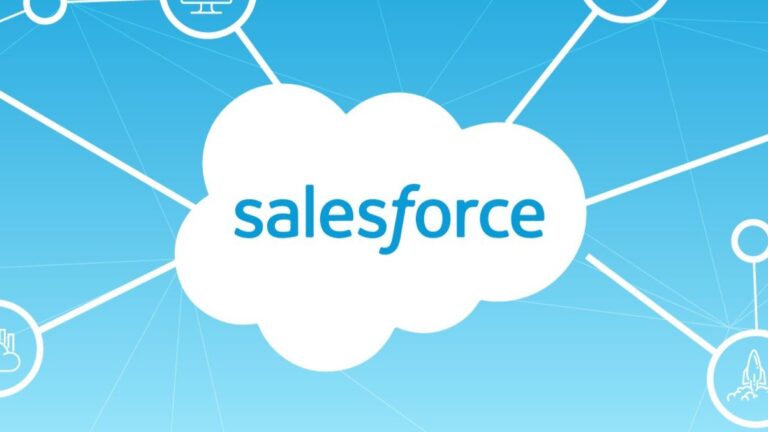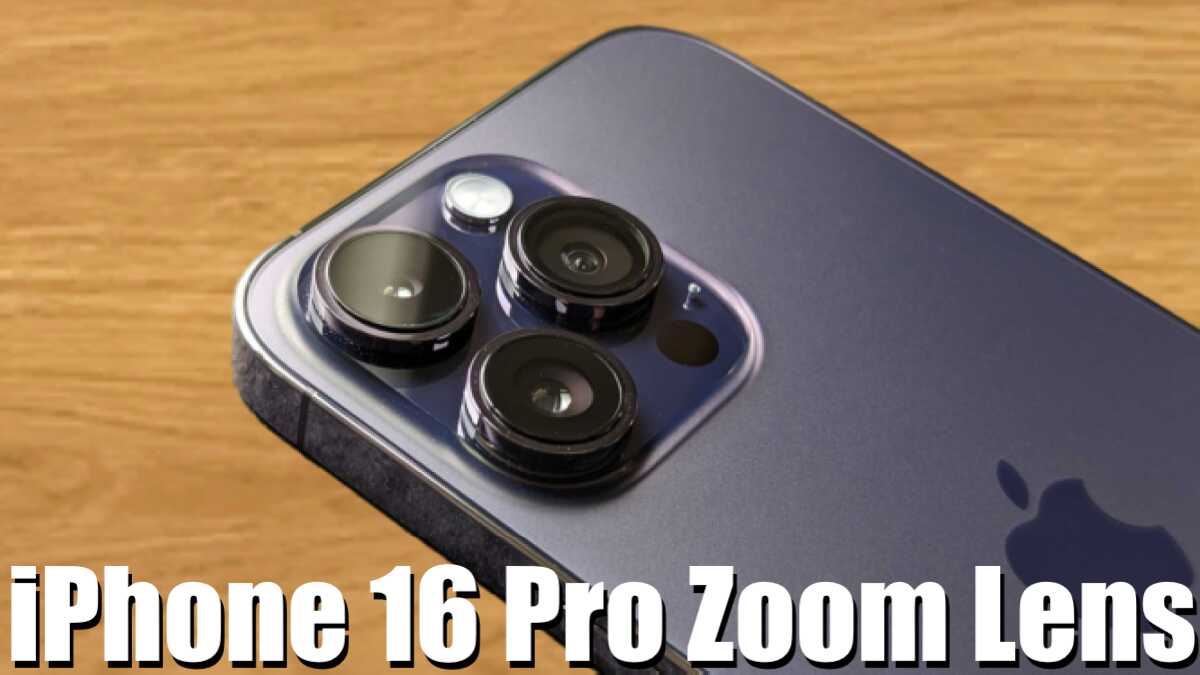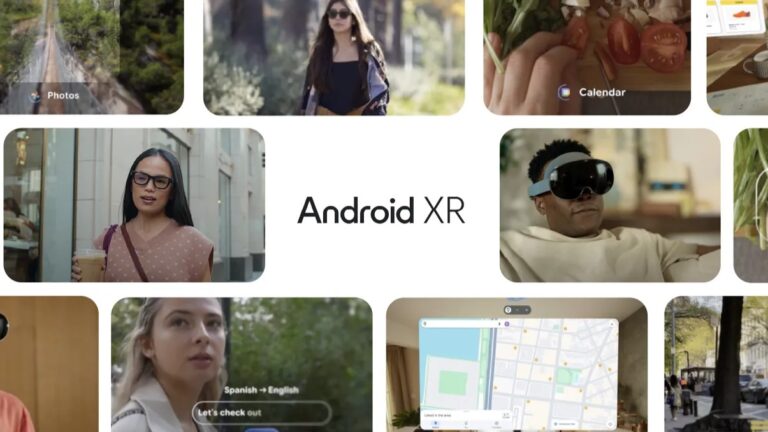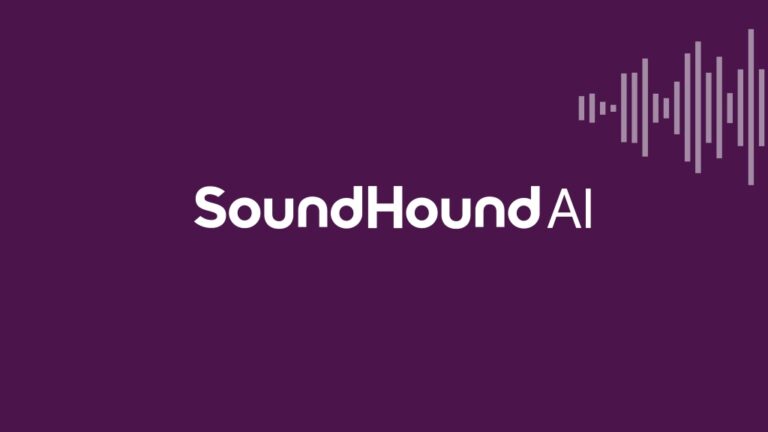Microsoft Launches AI Coding Agent With Windows Getting Support for the ‘USB-C of AI Apps’
Microsoft is revolutionizing the future of AI integration with a new AI coding agent and native support for the open Model Context Protocol (MCP), making Windows ready for AI-powered apps and automated agents.

Summary
- Microsoft’s AI coding agent can autonomously debug and develop code with minimal input.
- MCP support in Windows allows AI apps to communicate like USB-C devices do with hardware.
- Windows AI Foundry and Azure Foundry expand developer access to thousands of AI models.
Microsoft’s AI Coding Agent: Write Code With Simple Prompts
At Build 2025, Microsoft unveiled a major upgrade to GitHub Copilot—a new AI coding agent capable of writing and debugging software independently. Developers can now describe a bug and suggest a fix, and the agent takes over, generating, testing, and completing the code before asking for review. This goes far beyond previous Copilot versions that only suggested small snippets.
This launch puts Microsoft toe-to-toe with OpenAI’s Codex preview released last week. Microsoft is clearly signaling its intent to dominate the AI-powered coding assistant market.
Windows Adds MCP: The ‘USB-C for AI Apps’
Alongside the coding agent, Microsoft is bringing the Model Context Protocol (MCP) natively into Windows. Originally proposed by Anthropic, MCP is like USB-C for AI—it standardizes how AI apps connect to system resources and other apps. With MCP, agents can access parts of Windows like the file system, windowing, and even Linux subsystems.
This means AI tools like Perplexity could search your documents automatically by using MCP instead of needing manual folder selection. It’s a big leap toward a future where AI agents manage your daily computing tasks.
Security Comes First
Microsoft admits that opening up Windows to AI agents via MCP introduces risk. That’s why it’s adding strict security protocols, early access only for developers, and user prompts for permissions. Just like location access in a browser, users will choose what each AI agent can access.
Foundries for Model Access
Microsoft is also launching two new AI model platforms—Windows AI Foundry and Azure Foundry. These allow developers to choose from over 1,900 AI models including those from xAI, Mistral, Black Forest Labs, and even Nvidia’s NIMs. These models will run inside Microsoft’s own data centers, ensuring stability and availability.
 Pros
Pros
- Autonomous AI coding saves developers time
- MCP simplifies AI agent integration in Windows
- Access to thousands of models for app building
 Cons
Cons
- MCP could open new security vulnerabilities
- Permission prompts may annoy users if not handled well
- Competition from OpenAI’s Codex adds market pressure
Conclusion
Microsoft is going all-in on AI with its new AI coding agent and Model Context Protocol integration. From autonomous coding to smarter system access, Windows is evolving into an AI-first operating system. While there are security and user experience hurdles to overcome, Microsoft is clearly betting on a future where AI agents are as essential as apps.
FAQs
Q: What is an AI coding agent from Microsoft?
A: It’s a next-gen version of GitHub Copilot that can take tasks like fixing bugs or writing functions and complete them autonomously.
Q: What does MCP do in Windows?
A: MCP lets AI apps talk to other apps and Windows features like file systems, making it easier to automate tasks naturally.
Q: Can I use models other than OpenAI in Windows?
A: Yes. Through Azure and Windows AI Foundry, Microsoft supports models from xAI, Mistral, Black Forest Labs, and others.






